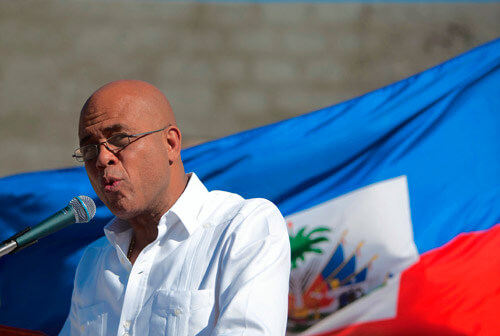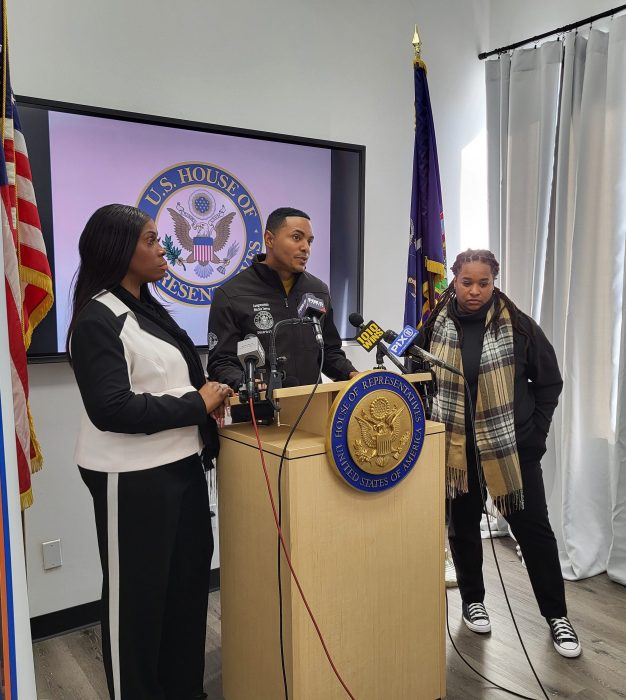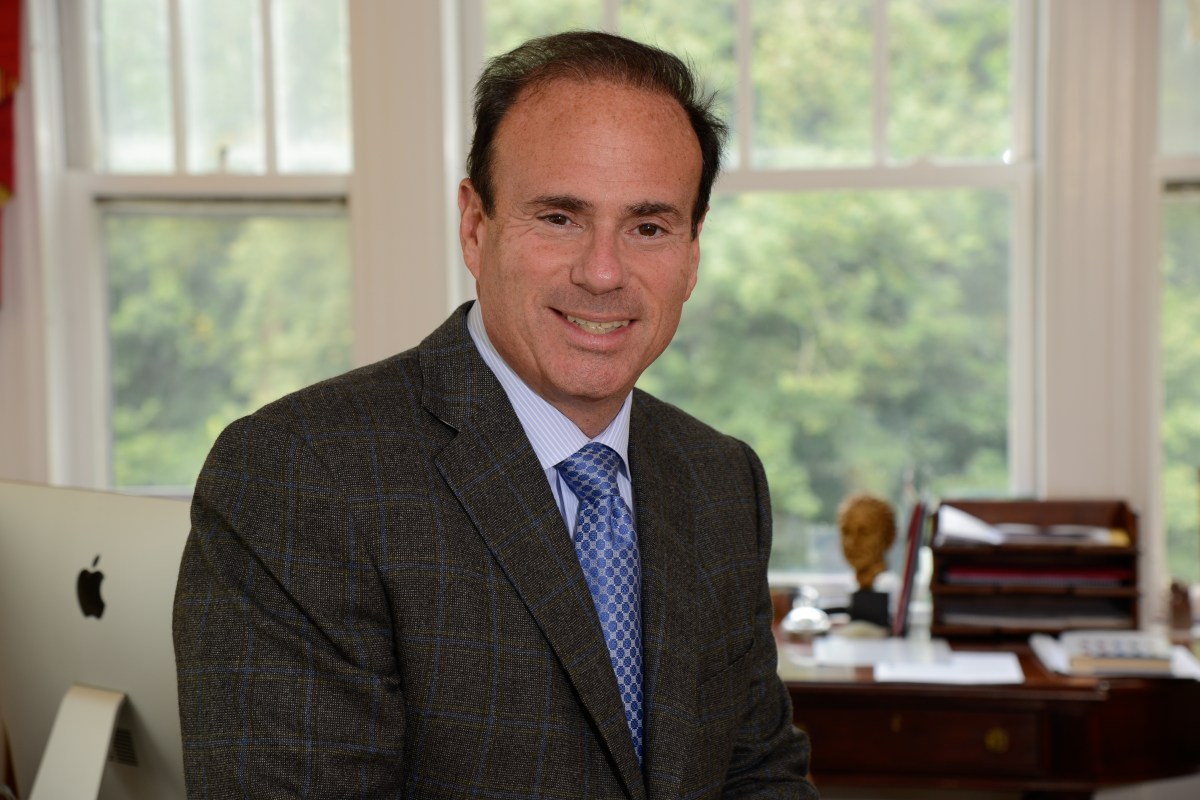Urging all Haitian stakeholders to form a consensus government, the top United Nations official in the French-speaking Caribbean country joined the ambassadors of several countries on Tuesday in deploring the fact that the Haitian Parliament became “dysfunctional” after failing to hold elections within its constitutional framework.
Additionally, the extraordinary session of the National Assembly, which was convened to vote on the amendments to the Electoral Law, has also not taken place, according to a joint statement by Trinidadian-born Sandra Honoré, the Special Representative of the U.N. Secretary-General in Haiti, and other members of the international community represented in the “Core Group” (Ambassadors of Brazil, Canada, France, Spain, the United States and the European Union, and the Special Representative of the Organization of American States).
“The ‘Core Group’ is gravely concerned that the Haitian Parliament has become dysfunctional due to the fact that elections have not been held within the constitutional timeframe,” said the statement released by the U.N. Stabilization Mission in Haiti (MINUSTAH).
In this context, the “Core Group” expressed its support to Haiti’s President in the exercise of his constitutional duty to ensure the regular functioning of institutions.
The “Core Group” said it trusted that the Executive and all the political actors will act with “responsibility and restraint.”
The “Core Group” welcomed the political accord recently concluded between President Michel Martelly and several opposition parties, and called on all parties to join in on consensus in the “best interest” of the nation.
“Recognizing the recent efforts made by the president and other actors to rebuild confidence in the political process, the Core Group further calls on all stakeholders to continue negotiations with the objective of forming, as a matter of urgency, a consensus Government,” the statement said.
The U.N. said Haiti must also form a Provisional Electoral Council in the spirit of Article 289 of its national Constitution, “and organize, as soon as technically feasible, inclusive, fair, and transparent elections in 2015, in order to consolidate democracy and stability.”
Five years ago this week, on Jan. 12, 2010 a devastating earthquake struck Haiti killing more than more than 220,000 people as well as 102 U.N. staff, “delivering a major blow to country’s already shaky economy, infrastructure and political landscape,” the U.N. said.
Originally established on June 1, 2004 by a Security Council resolution, MINUSTAH’s mandate was increased after the earthquake to help the immediate recovery, reconstruction and stability efforts.
The Council then requested MINUSTAH to further provide logistical support and technical expertise to assist Haiti’s Government to continue operations to build the capacity of its rule of law institutions at the national and local level.
Meantime, on Tuesday, the Secretary General of the Organization of American States (OAS), José Miguel Insulza, met with the Foreign Minister of Haiti, Duly Brutus, at OAS headquarters in Washington, D.C.
During the meeting, the two discussed recent political developments in the Caribbean country, with particular emphasis on the importance of holding legislative elections, the OAS said.
“The secretary general renewed the commitment of the OAS to support the electoral process in Haiti,” said the statement, stating that present at the meeting were the Permanent Representative of Haiti to the OAS, Amb. Bocchit Edmond; the Chief of Staff of the Secretary General, Hugo de Zela; and Paul Spencer, advisor to the secretary general, among others.
On Wednesday, the OAS said its Permanent Council was expected to hold a special meeting in the OAS’ Hall of the Americas in Washington, D.C., to receive Brutus, “who will inform the body about the political situation in his country.”


























